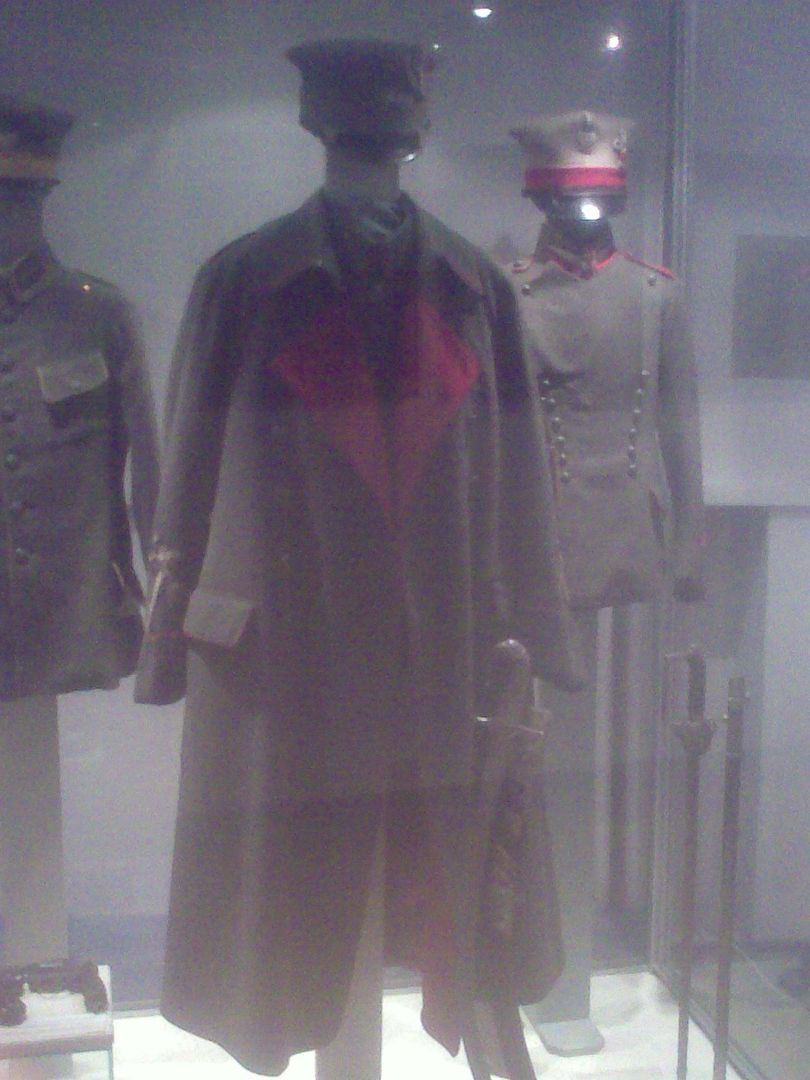Józef Dowbor-Muśnicki
6.63

Overview
Józef Dowbor-Muśnicki, born on October 25, 1867, in Garbów, was a Polish military officer, a lieutenant general in the Imperial Russian Army, and a general of the branch in the Polish Army. Between 1917 and 1918, he commanded the I Polish Corps in Russia, and in 1918–1919, he served as the commander-in-chief of the Polish Armed Forces in the former Prussian partition. His military service began at the Cadet Corps in St. Petersburg, where he quickly advanced, gaining experience in major conflicts such as the Russo-Japanese War and World War I. After the February Revolution in 1917, he played a key role in organizing and leading Polish military formations in Germany-dominated Russia. However, after suffering defeats in clashes with the Red Guard and facing a crisis in his command of the Corps, he was forced to surrender. In 1919, he took command of the Greater Poland Uprising, where he successfully organized an effective army, striving for apolitical unity. After the armed conflicts ended, he lived a quiet life, settling in Batorów, where he died on October 26, 1937. His activities were controversial; while supported by some for avoiding bloodshed, he was criticized for Russification and the dishonorable dissolution of the Corps. Dowbor-Muśnicki had four children, and his legacy has been commemorated through streets, monuments, and postage stamps. In literature, he appears as a character in Florian Czarnyszewicz's novel. His achievements and struggle for Poland's independence are a testament not only to his military prowess but also to the complex, often confrontational nature of military politics during the tumultuous times in which he lived.
Location
City
Międzyrzecz
Tertiary Administrative Division
Międzyrzecz
County
Międzyrzecz County
State
Lubusz Voivodeship
Country
2026 Wizytor | All Rights Reserved